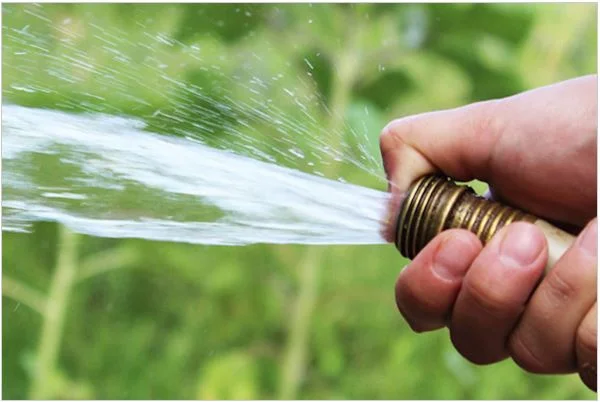Wildfires can alter landscapes in a few ways; they remove vegetation that would otherwise provide stabilization and absorption to the ground, and they can alter the soil composition itself. If a fire burns hot enough, or is persistent enough, it can change some compounds in the soil to make the soil hydrophobic. Meaning any heavy rainfall that occurs in the affected area will simply pool on the ground surface, as the soil will repel the water.
Reflections on the extraordinary power of slow water
The advance of the climate crisis, marked by its extremes — droughts or deluges, fires or floods — makes abundantly clear the human habit of trying to contain and control water isn’t working. For her new book, Water Always Wins, National Geographic Explorer Erica Gies criss-crossed the globe, witnessing some of the unanticipated results of modern society’s preference for engineered solutions.
First fires, now floods: Why B.C. is caught in a horrific dance between climate extremes
As a month’s worth of rain poured down over 48 hours, the rushing Coldwater River was one of many that breached its muddy banks Monday and filled up the streets of surrounding communities in southern British Columbia as though they were part of a stoppered bathtub. There were RVs collapsed and half submerged by the water. There were school playgrounds, turned to pools. In Merritt, B.C., as she worked to help drag stuck cars and trucks, Carly Isaac sent photographs to the Star with a comment. “Global warming.” She and the town’s roughly 7,000 residents would later receive the order to flee to either Kamloops or Kelowna, each over an hour away.
Saving wetlands a resolution Canada needs to keep
Amid all the heartening and hope-filled ways Canadians have resolved to make 2021 a year of positive change, one in particular holds water: the commitment to saving our wetlands. Leading up to 2021, the Government of Canada promised to make significant investments in our environment-and in the wetlands that underpin its health. Today, this commitment must be among our greatest convictions. Our ability to address the colliding crises of biodiversity loss and climate change depend on it. So does our economic recovery.
‘Deeply frustrated’: 60 evacuated from Neskantaga First Nation over water crisis
A First Nation community in northwestern Ontario that has been under a boil water advisory for more than 25 years says it is evacuating some of its members after a new issue with its water supply was discovered. In a tweet just before 5 p.m. ET, Neskantaga First Nation Chief Chris Moonias said it is “disheartening and sad” that he has had to evacuate the elderly, infants, chronically ill and vulnerable people from the community for a second time during his tenure.
Okanagan water grants used to respond to climate change
The Okanagan Basin Water Board has approved more than $318,000 in funding to 17 projects that will help conserve and protect water in the valley while addressing the larger issues of climate change. Directors approved the Water Conservation and Quality Improvement grants at their last board meeting, April 2. Recipients have now been notified. In total, there were 31 applications with a total ask of $688,281.







